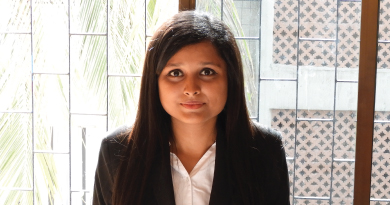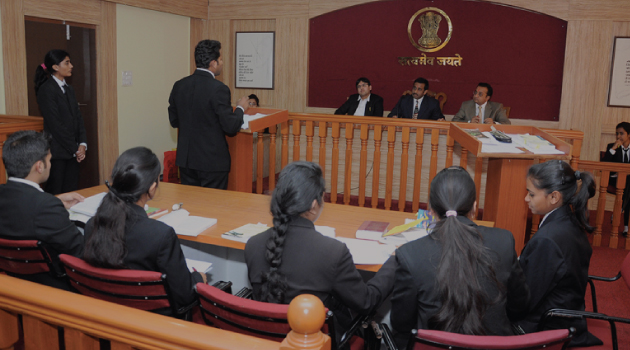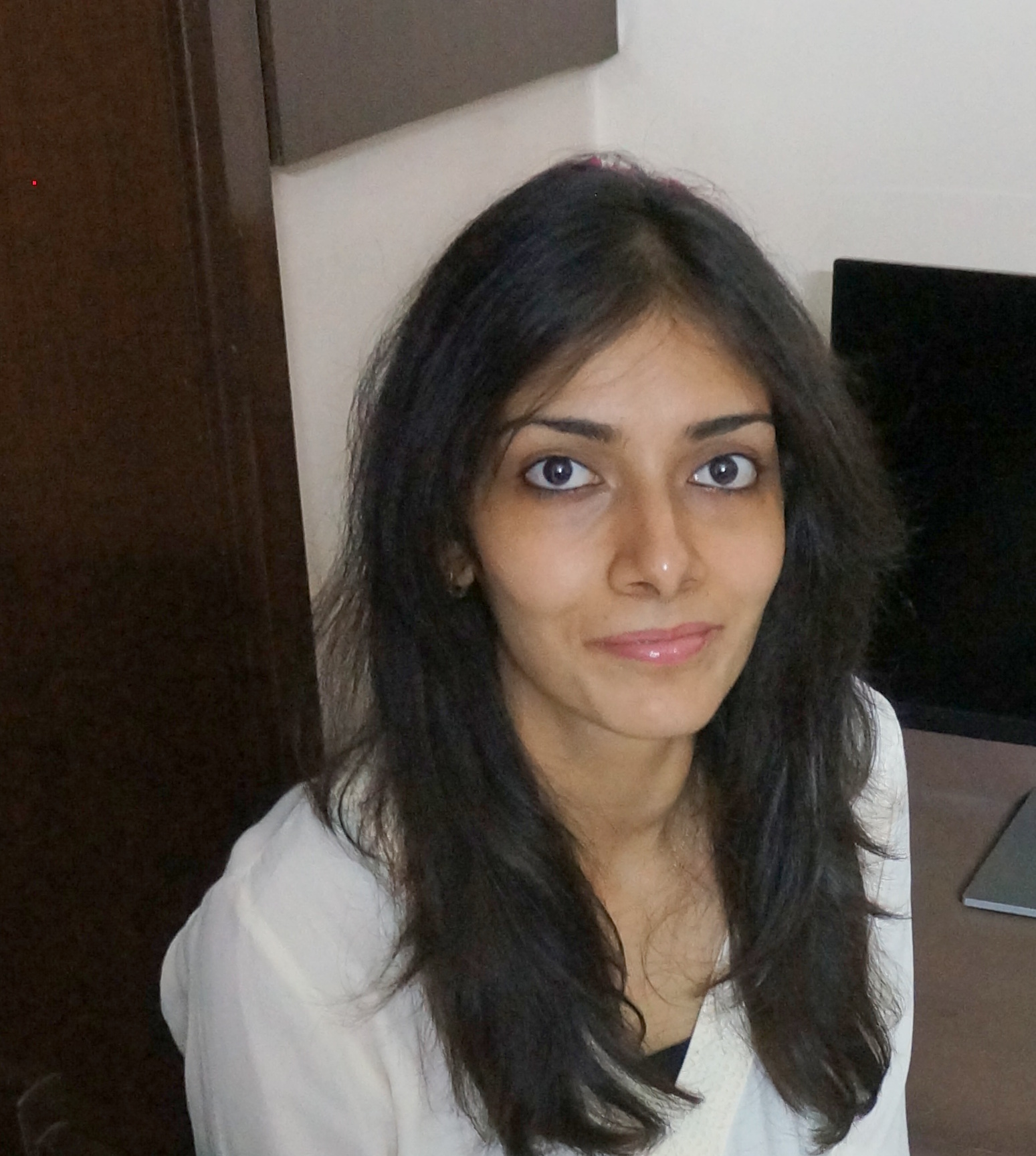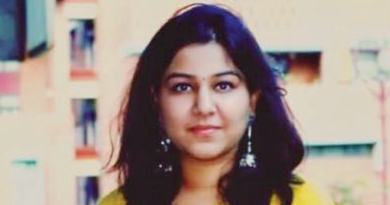“It was a turning point in my life” – Kanan Dhru, winner at the St. Gallen Symposium

Kanan Dhru was one of the top three winners of the essay writing contest at the St. Gallen Symposium in 2011. She is a law graduate from the London School of Economics and did her Masters in Public Administration from IGNOU. She has worked with McKinsey and Company, the Gujarat High Court and the National Knowledge Commission. She has interned at the World Health Organization, Geneva. She is also the Founder and Managing Director of Research Foundation for Governance in India, an Ahmedabad-based think tank. Excerpts from the interview:
1. What was your essay about? How was your experience at the St. Gallen Symposium?
The topic was “Just Power” and my essay is titled “When justice corrupted, absolute justice corrupted absolutely.” Being a lawyer, I found the topic fascinating. I was surprised when my essay was selected in the top 100, and I never expected it would be among the top 3. The people at the Symposium, they value your experiences; they take your opinion seriously.
At the Symposium, I met some really bright young people. There was an icebreaking session which made making friends easier. I still keep in touch with the friends I made there. You also get to listen to and meet a lot of high profile individuals. There are simultaneous sessions that happen, and you cannot decide which session to attend because they are all so amazing. I met people from the Indian embassy, the VP and Chairman of Goldman Sachs, women’s rights activists and many others.
2. How has your experience at the Symposium affected you?
It was a turning point in my life. I was going through a lot of personal confusions and had to make a few tough decisions. That was when I gave my speech at the St. Gallen Symposium, and it was as if I was reassuring myself. Even today when I am down or confused, I go back and listen to that speech.
3. What would your advice be to those participating in the essay writing contest this year?
I would say, don’t try to make the essay traditional. There is no need to use flowery language and complicated theories. Be honest, be forthright and be direct.
4. What is Research Foundation for Governance in India?
RFGI is a think tank for legal and political reforms. RFGI is volunteer-driven and we do a thorough analysis of the pertinent questions facing the country. We also do a lot of cross-country research. Recently we analyzed compulsory voting in Gujarat and that was fascinating.
5. What has your experience been like, setting up a think tank mainly for the youth?
It has been a brilliant experience. When I came back to India from the UK, I saw it was booming and the spirit of entrepreneurship hit me too. India encourages you.
All the young people I have come in contact with are extremely positive and driven. Perhaps that is because the work we do attracts that variety of people and we give them a platform to channelize their restlessness. In my experience young people today are really senstive and sensible. They have a lot of practical insights to offer.
6. How do young Indian people perceive politics and governance? How aware are they about laws and rights?
I think that there is a strong sense that good things should be done. The youth is familiar with what the ideal case scenario is but not so much with what the processes and systems in this country are and how they can be used to make things better. They do not have that much awareness about and experience with these processes. But I think it’s good that they are rooted to reality.
7. What would your advice be for people planning to pursue a career in the public sphere?
There is a lot of scope and also a lot of need in this field. It is completely okay to make mistakes, but always give it your 100 percent. If you don’t have the pressure to immediately start earning for your family, you should definitely risk it.



